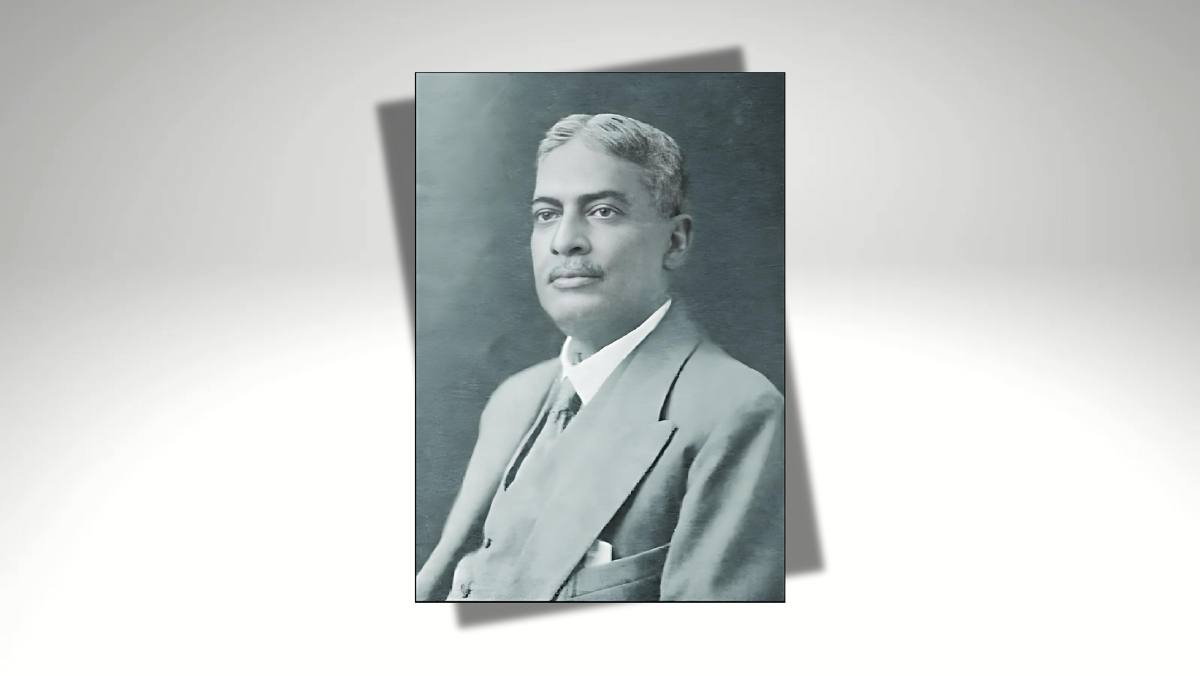Introducing an extraordinary Indian scientist whose groundbreaking discovery has had a profound impact, saving countless lives. Despite being nominated for the prestigious Nobel Prize six times, he has unfortunately never been awarded the coveted prize. Let’s delve into the reasons behind this surprising outcome.
An individual’s research efforts have resulted in a groundbreaking discovery that has completely transformed the realm of medicine and healthcare.
India boasts a remarkable history filled with brilliant minds and scientific pioneers who have left an indelible mark on the world. Renowned figures such as APJ Abdul Kalam and CV Raman have made lasting contributions to the scientific community. There is a scientist from history who may not be well-known to many, but his discovery had a significant impact on saving countless lives on Earth.
In the past, Dr Upendranath Brahmachari was a prominent doctor and scientist in Bengal. He received his education from esteemed institutions such as Presidency College and the University of Calcutta.
Following his graduation in mathematics and chemistry, he made a significant shift in his academic pursuits, delving into the realm of medicine and surgery. He successfully obtained his MD in 1902 and PhD in 1904.
Afterwards, he gained experience at the Dhaka Medical School before moving on to the Campbell Medical School in Calcutta. Throughout his time in office, he dedicated himself to the daunting task of discovering a remedy for the devastating illness referred to as kala-azar or black fever. This lethal parasitic epidemic had claimed the lives of countless individuals across numerous nations. A person’s skin would darken and their critical organs, such as the liver and spleen, would be viciously attacked by the parasitic disease. Without proper treatment, the outcome was often fatal.
After two decades of unwavering dedication, Dr. Brahmachari successfully discovered an affordable cure that is completely free from any harmful side effects. In 1920, despite facing challenging conditions such as a lack of electricity and poor water supply, he made a remarkable discovery – Urea Stibamine.
This groundbreaking discovery has had a profound impact on the course of human history. The mortality rate caused by the black fever has been dramatically reduced from 90% to a remarkable 90% success rate in fighting the disease.
He ensured that numerous hospitals received his cure free of charge in order to combat the epidemic. It was before the discovery of penicillin.
An often overlooked individual’s diligent research resulted in a groundbreaking discovery that completely transformed the realm of medicine and healthcare. In addition to his other accomplishments, he was responsible for the establishment of Asia’s first blood bank in 1935.
Dr. Brahmachari, a renowned scientist, was highly regarded in his field, to the extent that he was nominated for the esteemed Nobel Prize on six separate occasions.
In 1929, the renowned Sigmund Freud was accompanied by someone, and in 1942, this happened on five separate occasions. In spite of these groundbreaking discoveries, he was never able to win the prestigious award.
Speculations arose regarding whether his ethnicity played a significant role in his exclusion from a prestigious forum. Dr. Brahmachari did not have affiliations with prestigious scientific institutions like the Royal Society and the American Academy of Arts and Sciences. His alleged acceptance into the Royal Society was reportedly hindered by a defamation campaign.
